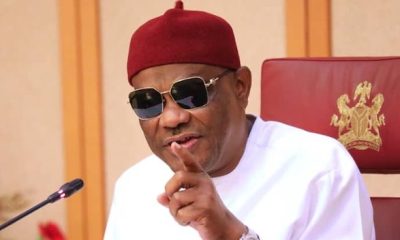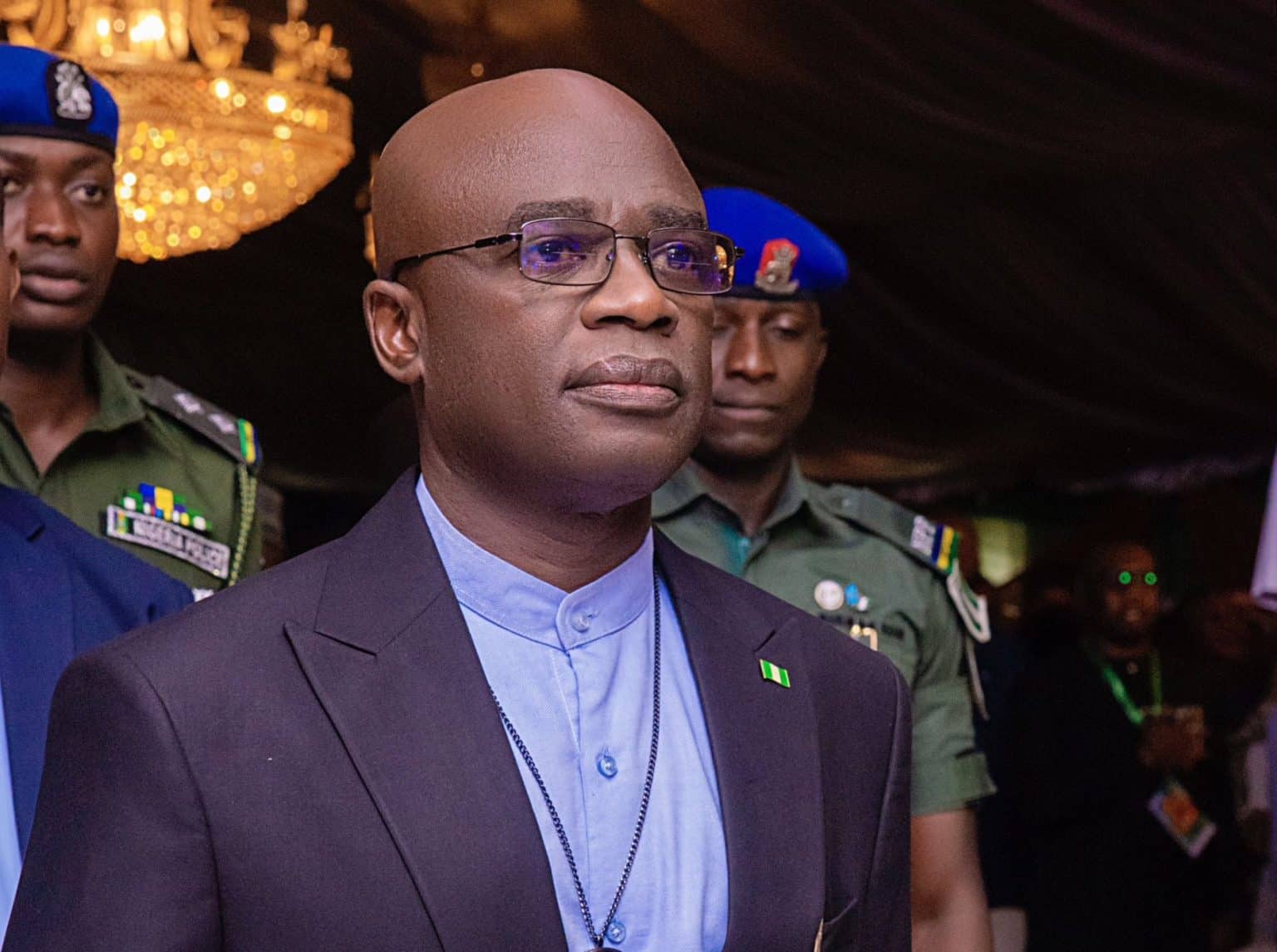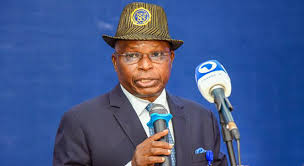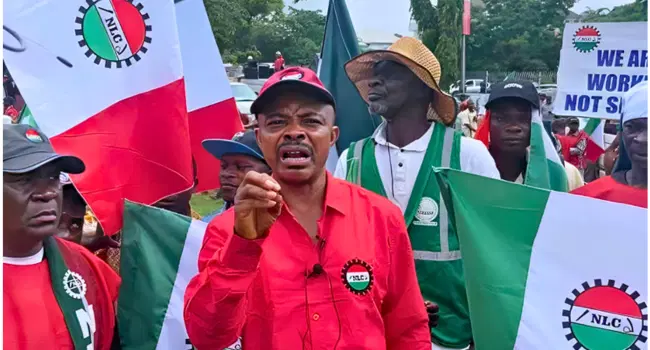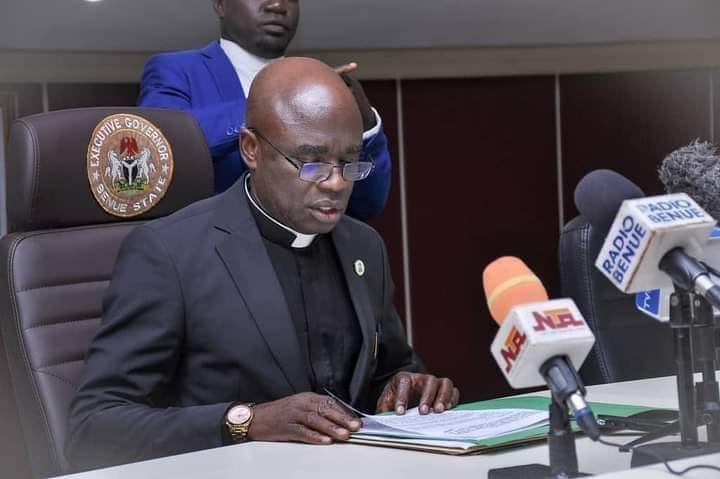Headlines
N70,000 Minimum Wage: Experts Weigh In on Its Impact on Workers, Economy

Nigerians React to N70,000 National Minimum Wage Act 2019 (Amendment Bill)
Nigerians from various walks of life have responded to the recently agreed N70,000 National Minimum Wage Act 2019 (Amendment Bill) between organized labor and the federal government.
EKO HOT BLOG reported that the agreement came after several rounds of negotiations between labor leaders and the President over the past few weeks, following months of unsuccessful talks between labor organizations and a tripartite committee on minimum wage established by the President in January.
Findings by EKO HOT BLOG revealed that the committee, which included representatives from state and federal governments and the organized private sector, initially proposed ₦62,000.
However, labor had demanded ₦250,000 as the new minimum wage for workers, who currently earn ₦30,000.
According to organized labor, the existing ₦30,000 minimum wage is unsustainable given the economic challenges of inflation and the high cost of living following the removal of the petrol subsidy by the President.
Initially, organized labor demanded a minimum wage of ₦615,000 but later reduced their demand to ₦500,000 and then ₦497,000.
President Bola Tinubu separately addressed both the Senate and the House of Representatives, requesting expedited consideration of a bill to amend the National Minimum Wage Act, 2019.
The bill, which passed second and third readings in both legislative chambers, was swiftly transmitted by President Tinubu and subsequently passed.
In a unanimous vote following clause consideration in the Committee of the Whole, the National Minimum Wage Bill was passed in the Senate.
Reacting to the passage of the bill, Mcfredericks Akor Edache, Benue State Officer for Tracka budgIT, commended the bill’s passage and its five-year period but criticized the amount as insufficient given the current economic conditions.
He stated, “The ₦70,000 national minimum wage is grossly inadequate amid the high cost of living and inflation. The underlying reasons for the economic surge must be addressed for this wage to have a meaningful impact.”

Edache also expressed concerns about the private sector, noting a lack of advocacy for private sector workers.
“Private sector employees often accept whatever is offered to them, and there is no strong advocate pushing for fair wages. They may face downsizing or retrenchment due to the economic impact,” he added.
Entrepreneur and lecturer Hassan Alowonle from Kwara State urged the government to focus on stabilizing the Naira against the US Dollar to control commodity prices.
He commented, “Increasing the minimum wage is not sufficient to address the economic downturn. The government should focus on proper resource utilization, budgeting for capital projects, and food security.”
Alowonle also called on organized labor to persuade employers in the private sector to review salary structures in line with current economic realities.
“Private sector employees have limited benefits from the minimum wage due to their firms’ revenue. The NLC can only persuade but cannot force firms to adjust salaries,” he noted.
Financial expert Augustine Oyiwona from Abuja described the ₦70,000 minimum wage as inadequate due to the devaluation of the Naira.
He suggested that a law mandating minimum wage payments in the private sector could help address this issue. “The National Assembly should enact a law making it mandatory for the private sector to pay minimum wage,” he said.
Public affairs analyst Michael Divine Akor criticized the new minimum wage as insufficient given the harsh economic conditions.
He argued, “₦70,000 is too small to make a significant difference in workers’ lives. The focus should be on addressing broader economic issues affecting both government and private sector workers.”
Akor also highlighted challenges faced by private sector employees and criticized high tax rates and utility bills imposed by the current administration.
“Many small and medium-sized enterprises struggle to pay even ₦30,000 monthly. The government should consider alternative ways to alleviate economic pain for all citizens.”
Public commentator Benedict Onoja acknowledged that while no amount may ever be sufficient, ₦70,000 is a manageable base salary.
He recommended additional government initiatives to improve workers’ living conditions, such as housing loans, transport provisions, and reducing the cost of governance.
“The government should also consider cutting politicians’ salaries and the number of aides to avoid inflation and reduce hardship,” he concluded.
Advertise or Publish a Story on EkoHot Blog:
Kindly contact us at [email protected]. Breaking stories should be sent to the above email and substantiated with pictorial evidence.
Citizen journalists will receive a token as data incentive.
Call or Whatsapp: 0803 561 7233, 0703 414 5611


